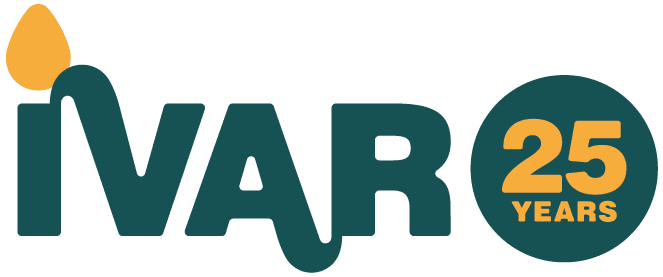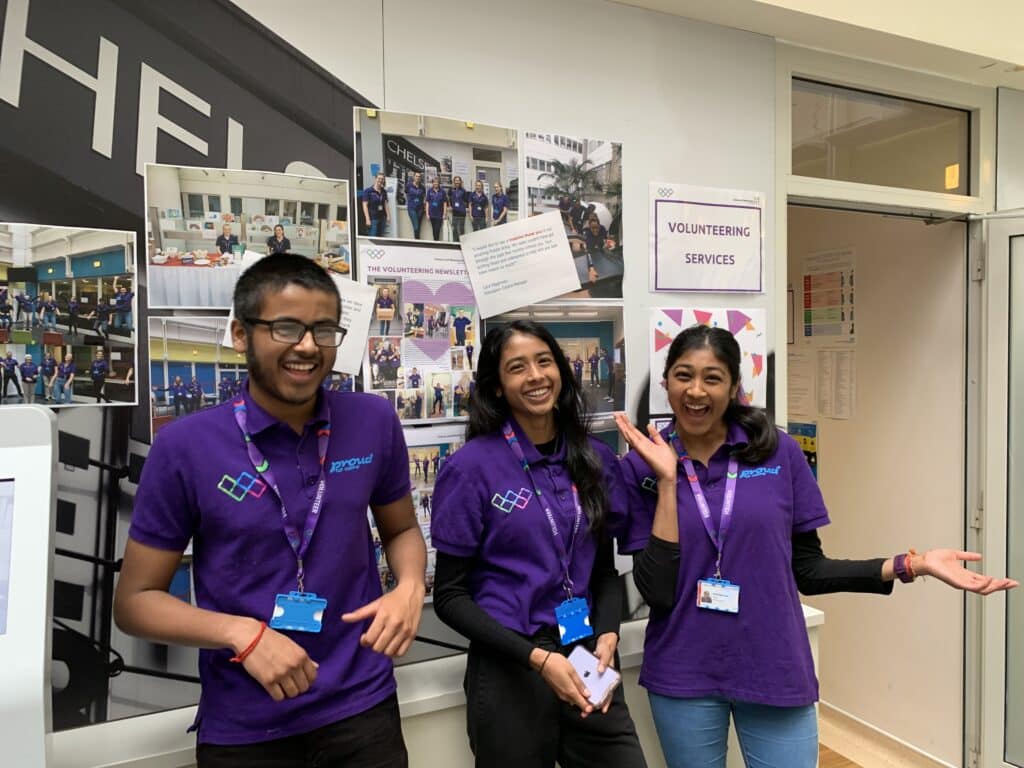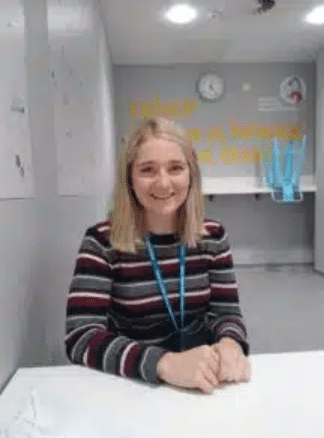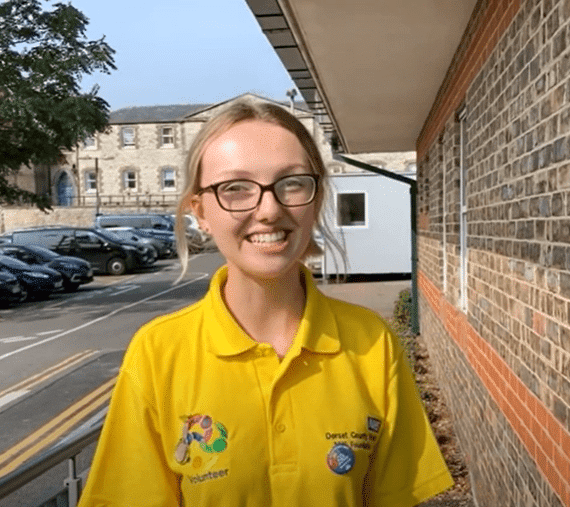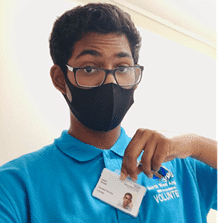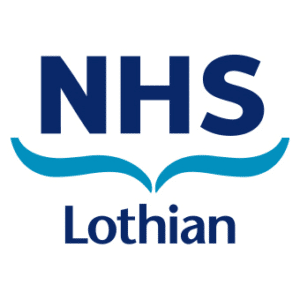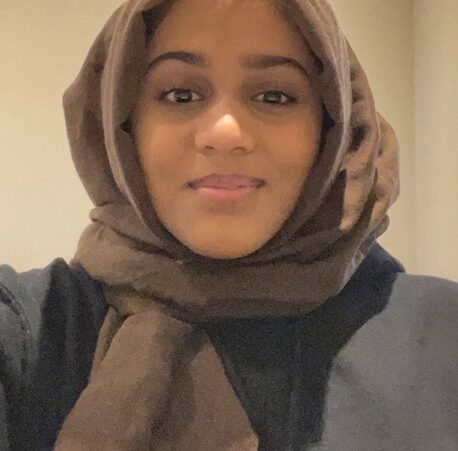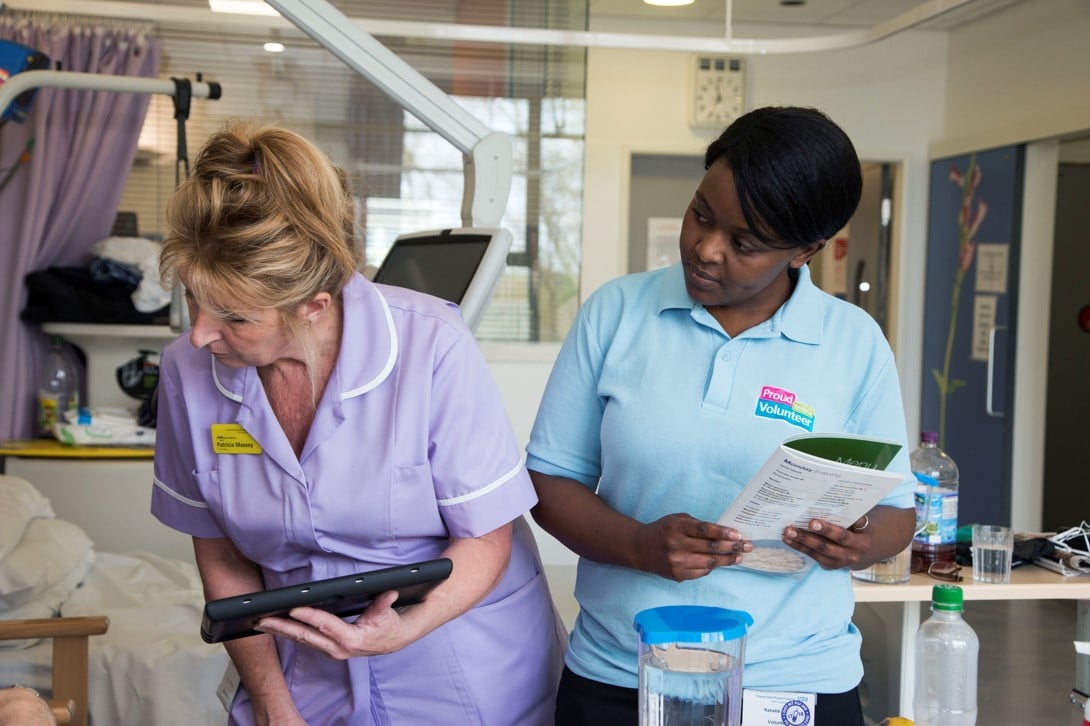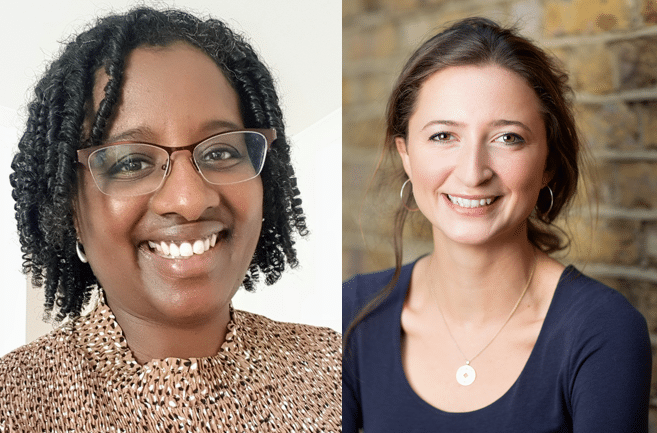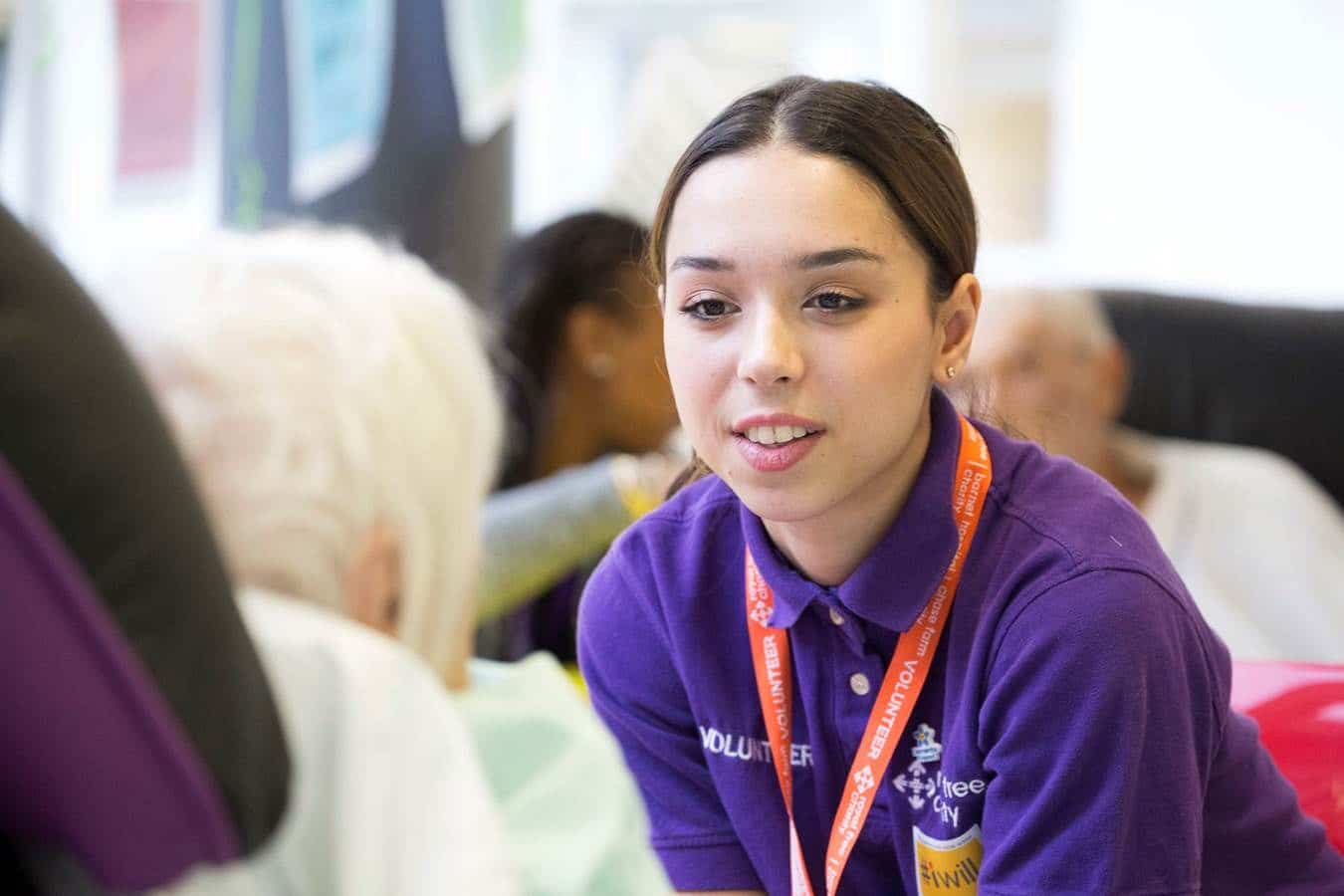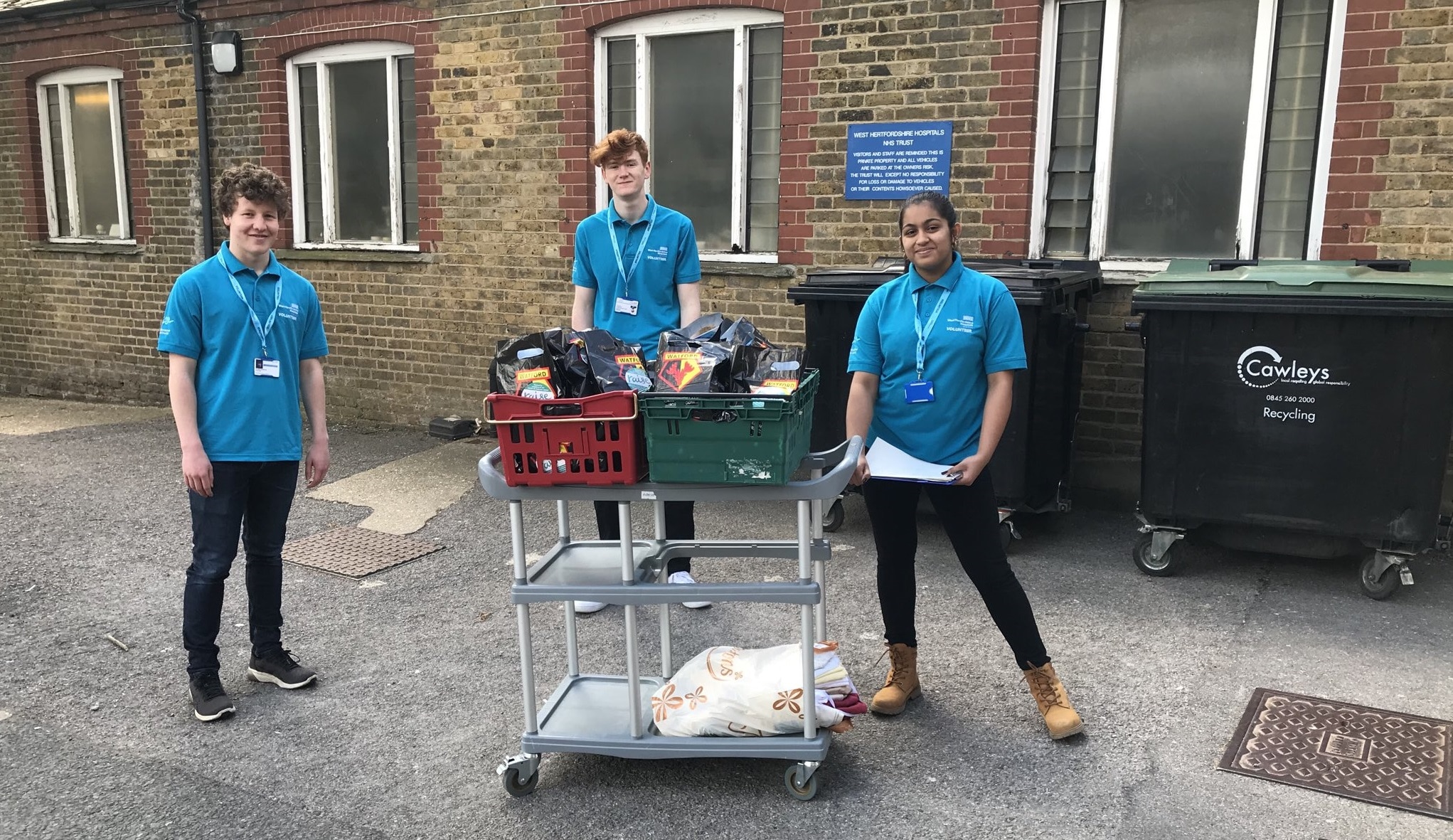
Youth volunteering in hospitals
Find learning and resources from 32 NHS Trusts and their respective charities, who have been welcoming young volunteers since 2018.
We are a learning partner to Pears Foundation, the #iwill campaign, volunteer coordinators in funded NHS trusts, and partners as they introduce or expand youth volunteer programmes in hospitals.
This page is for those setting up or running youth volunteering programmes in hospitals. It compiles resources and learning from the Pears #iwill Fund, which supports the growth of inclusive, high-quality youth social action opportunities through NHS Trusts and their respective charities.
Learning and impact
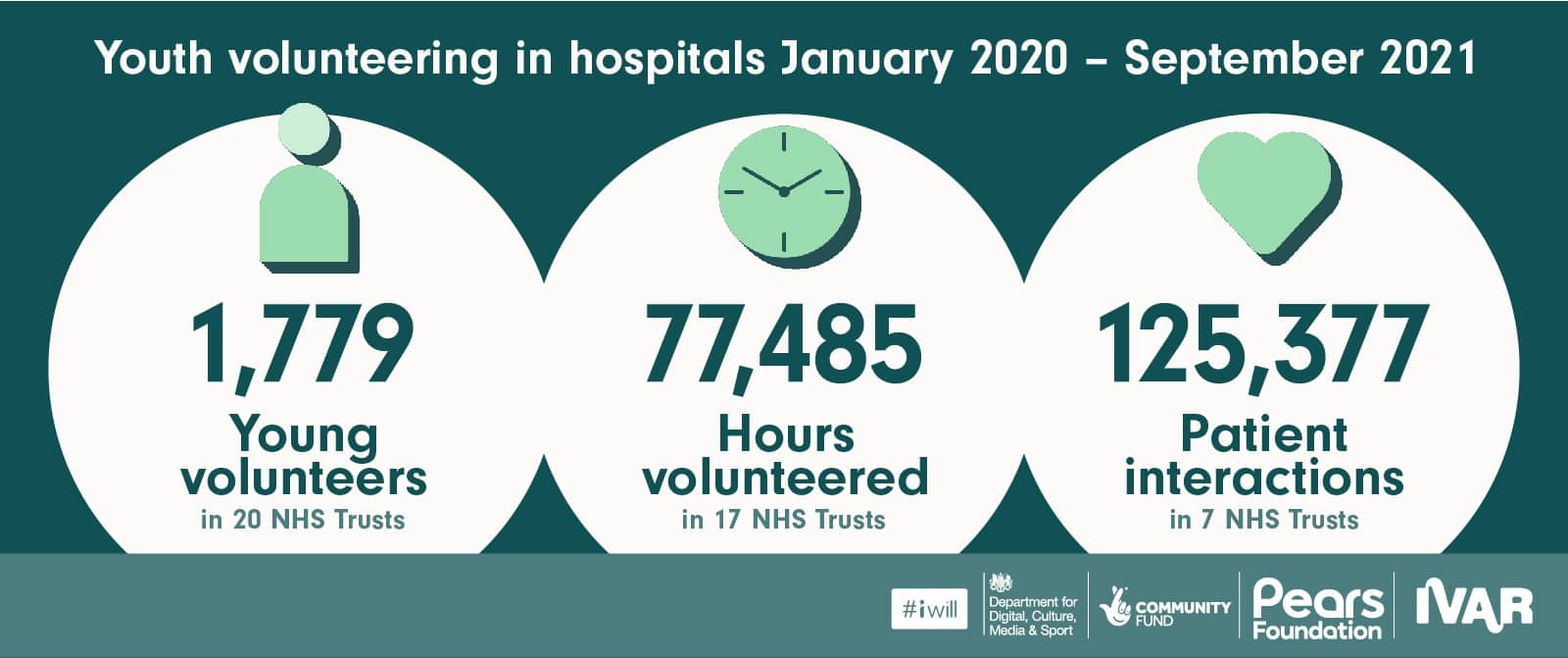
The power of youth volunteering
Practical tips for securing senior buy-in
- Provide clear plans and ambitions early on
- Find a champion within the senior leadership team
- Understand what motivates senior teams and how to align ambitions and strategy
- Be visible
Practical tips for engaging staff
- Include young volunteers in staff inductions
- Be clear about young volunteer roles
- Create roles among staff to supervise
- Provide opportunities for staff feedback
- Work closely with patient or client experience teams
- Promote positive examples
Practical tips for engaging and supporting young volunteers
- Have a dedicated volunteer coordinator for young volunteers
- Provide peer support options such as forums or buddying systems
- Create meaningful, flexible and attractive volunteer roles.
Case study: North West Anglia NHS Foundation Trust
Taite Hawes, Youth Volunteer Coordinator at North West Anglia NHS Foundation Trust, shares how their youth volunteering programme is going and the impact young people make in hospitals.
Here at North West Anglia NHS Foundation Trust, our Youth Volunteering Programme commenced in January 2020. Since then, we have welcomed 95 young people into a variety of different roles. These have included: ward visitors, way finders, pharmacy runners, vaccination clinic volunteers and maternity support volunteers. In the time that young volunteers have been present in the Trust we have received brilliant feedback from staff, patients and other volunteers alike, and have seen many brilliant examples of intergenerational working between young volunteers and adult volunteers. In one case, a young volunteer helped a more mature volunteer to order the same trainers as her. Whenever you saw them volunteer together, they would be smiling away and sporting the same shoes!
We have also run a few youth social action projects. Our most recent involved a small group of young volunteers working in pairs to interview and film five minute clips of a variety of different staff. They interviewed staff from different backgrounds, including our Chief Nurse, Pharmacy Technician and Travel Administrator. In total, they interviewed 45 staff over four weeks in the summer holidays. They asked them about what a day in their role looks like, and their career path up until this point. The aim of this was for the young volunteers to be able to co-produce a resource which they could access and watch to learn more about careers available in the NHS as a whole.
Aligning with this concept, in October we held our first career talk. We had our Consultant Histopathologist give a talk on ‘Pathology – Tools of the Trade’. This was a fascinating event where volunteers learnt about the tools used in an autopsy and the career of a pathologist. The aim of these talks is to give young volunteers more opportunities in addition to their volunteering role, to learn about the lesser known careers available in the NHS.
When youth volunteering commenced at the Trust, most volunteers stayed short term; now, we encourage long-term volunteering. Our longest serving volunteers have been with us for over two years and we are pleased to be able to support volunteers to experience a rotation of roles in their time with us.
A recent achievement was two of our young volunteers being awarded with the Trust’s ‘Living Our Values – Working Positively Together’ Award for July 2021. Both volunteers were nominated as their adult volunteer colleague left their bag on a bus and the young volunteers got on every bus, until on the fifth bus, they found the bag. Both were presented with their awards by the Company Secretary and Youth Volunteer Coordinator.
We have a lot that we are able to offer our young volunteers. Looking into the future, we will be creating and developing more opportunities for them. They are an invaluable asset to our Trust, and are a friendly, welcoming face for patients, staff and visitors.
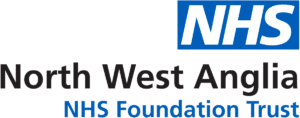
With thanks to North West Anglia NHS Foundation Trust for sharing this story with IVAR.
Volunteer voices
Working with young volunteers during Covid-19
Templates
Templates
Job descriptions for volunteer coordinators:
- Volunteer Manager
- Young Persons Volunteering Coordinator
- Young Volunteers Programme Manager
- Youth Volunteering Manager
- Youth Engagement Officer
Volunteer Team Shifts: A template from Dorset County Hospital, for managing volunteer shifts to meet a set of objectives including distributing masks, donations, laundry bags and thank you letters.
Covid-19 Fast Track Volunteer Recruitment Process: Shares the process Dorset County Hospital have put in place to fast track volunteer recruitment.
Covid-19 young volunteer role descriptions:
- Responder Senior Volunteer
- Response Volunteer
- Runner Volunteer (Chelsea & Westminster Hospital NHS Foundation Trust)
- Runner Volunteer (Birmingham Women’s & Children’s NHS Foundation Trust)
- Active Response Volunteer
- Meet and Greet Volunteer
- Virtual Volunteer – Video making
- Virtual Volunteer – Arts/Crafts pack
Resources
Setting up for young volunteers
Getting started with under 18s
Recruiting young volunteers: Quick tips on recruiting young volunteers, developed from discussions with the Trusts involved in the Pears #iwill project.
Engaging stakeholders in your hospital: Some tips for those interested in finding ways to engage with the Board; hospital staff; and the local community.
Developing policies and procedures: This guidance covers things like background checks; mananging risk; insurance and indemnity; and encouraging continued engagement. It draws on the practices of organisations working with children (under 16s) and young adults (16-18s).
Entrance and exit questionnaires: One of the important ways of showcasing how the ‘power of youth’ has made an impact in your Trust is through measuring the benefits of volunteering. These questionnaires offer a template to capture the impact of young volunteers in hospitals:
Engaging young people
Junior Volunteering Toolkit: To help set up and develop projects for those aged 10-16.
Tips on supporting young volunteers: Quick ideas from other Trusts on how to support young volunteers once they’re up and running.
How to embed youth volunteering – meaningfully
Useful links
In partnership with

With thanks to
Thanks to the #iwill Pears Peers network of NHS Trusts and their respective charities for sharing their experiences, ideas and resources so freely and openly:
- Airedale NHS Foundation Trust
- Birmingham Women’s and Children’s NHS Trust
- Cambridge University Hospitals
- Cardiff and Vale University Health Board
- Chelsea and Westminster Hospital NHS Foundation Trust
- Chesterfield Royal Hospital NHS Foundation Trust
- Dorset County Hospital NHS Foundation Trust
- East Kent Hospitals University NHS Foundation Trust
- East Sussex Healthcare
- Edinburgh and Lothian Health Foundation
- Hull University Teaching Hospitals NHS Trust
- Imperial Health Charity
- King’s College Hospital NHS Foundation Trust
- Leeds Teaching Hospitals NHS Trust
- Manchester University NHS Trust
- North West Anglia NHS Foundation Trust
- Northumbria Healthcare NHS Foundation Trust
- Nottingham Hospitals Charity
- Royal Bournemouth NHS Trust
- Royal Free NHS Foundation Trust
- Sheffield Teaching Hospital NHS Foundation Trust
- South London and Maudsley NHS Trust
- Torbay and South Devon NHS Foundation Trust
- University College London Hospital NHS Foundation Trust
- University Hospitals, Bristol
- University Hospitals of Derby and Burton NHS Foundation Trust
- University Hospitals of Leicester NHS Trust
- University Hospital Southampton NHS Foundation Trust
- West Hertfordshire Hospitals NHS Trust
- Yeovil District Hospital NHS Trust
